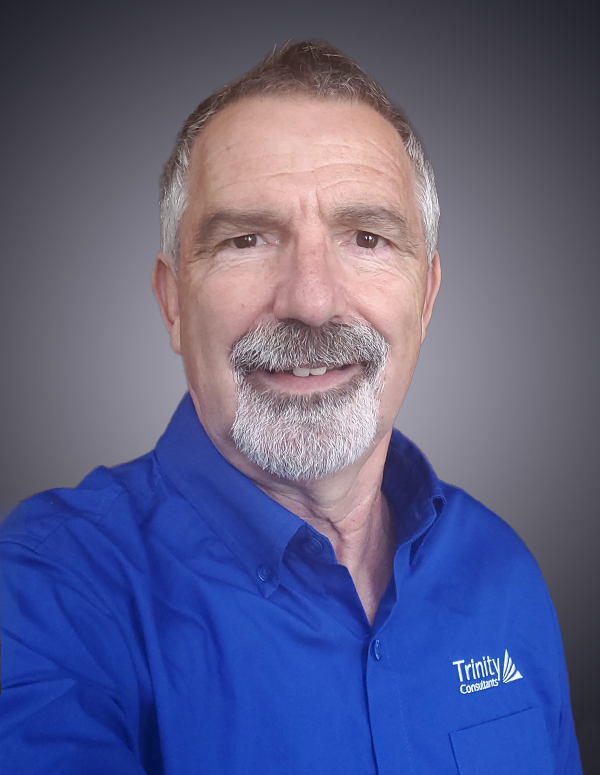Environmental Consulting
Continuous Emissions Monitoring Systems (CEMS)
Trinity offers specialized air quality and CEMS compliance solutions, including audits, training, QA plans, and reporting support, ensuring legal compliance, streamlining CEMS processes, and enhancing operational efficiency with expert guidance.
Trinity assists facilities with air quality permitting and compliance including Continuous Emissions Monitoring Systems (CEMS) related services. Trinity's experienced professionals have the expertise to help you ensure a CEMS program that meets your legal obligations and streamlines associated processes. When you work with Trinity for Emissions Monitoring Support, you can expect the following:
- CEMS program audits
- Customized training
- Development or review of existing Parts 60 and 75 Quality Assurance Plans (QAP)
- Associated permitting
- Assistance in creating or updating facility maintenance programs
- Best practice recommendations to ensure maximum CEMS data availability and the safe, efficient use of facility resources
- Quarterly electronic data reports (EDR) and semi-annual reporting assistance
- CEMS equipment selection and operational assessment
How Else We Can Help
Related Services
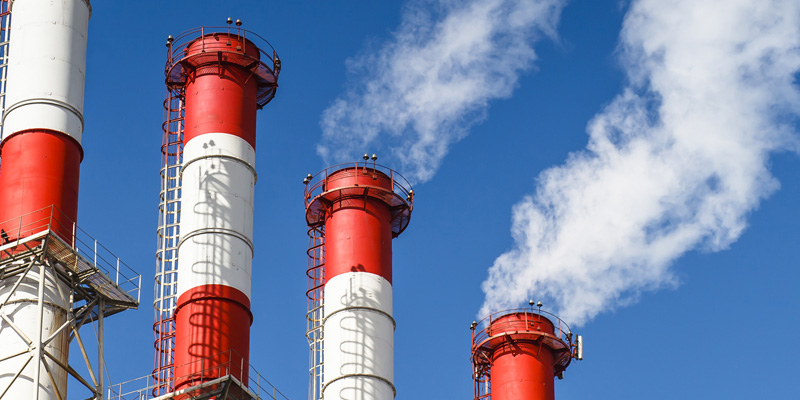
Air Quality Permitting
Trinity Consultants are experts in air permitting support for compliance with the Clean Air Act, offering comprehensive services from strategy, application development, and agency negotiations.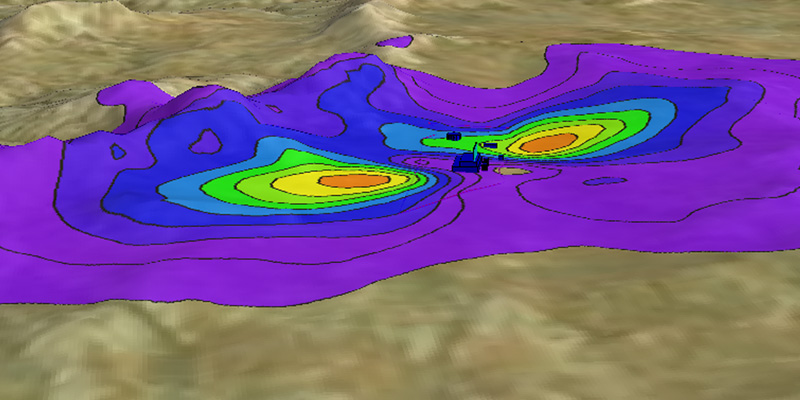
Air Dispersion Modeling
Trinity provides a wide range of air quality modeling consulting services for regulatory applications, emergency planning, and human health assessments.
Emissions Calculations, Inventories, and Reporting
Trinity specializes in comprehensive emissions inventory and reporting for facilities, leveraging EPA and industry data to accurately identify and quantify emissions utilizing detailed reporting and advanced EHS digital solutions.Our Results
Featured Projects
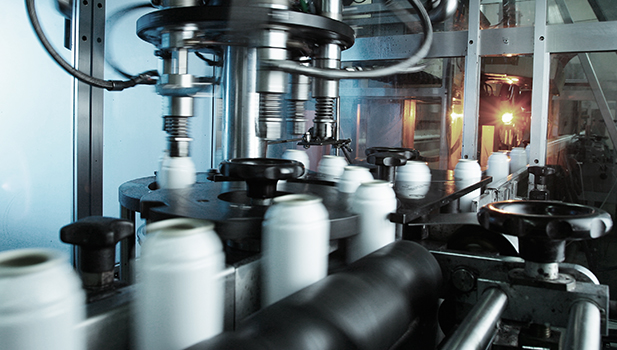
Trinity Brings Calm Vigilance to Packaging Giant’s Multisite Environmental Reporting Requirements
A very large packaging company in Illinois partnered with Trinity Consultants to evaluate and improve their environmental program.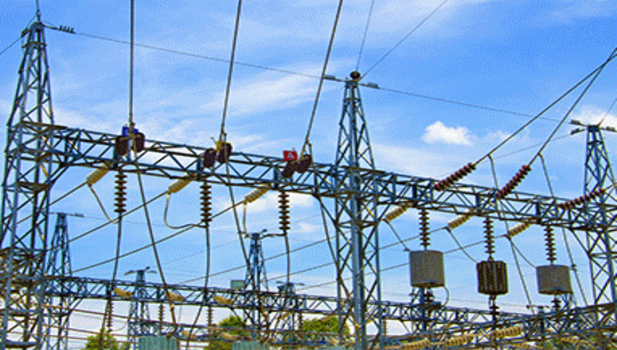
Power Company Partners with Trinity to Modernize Compliance using Enablon Platform
Starting in 2017, a leading international power generating company tasked Trinity Consultants’ Digital Solutions team with spearheading an Environment, Health, and Safety (EHS) compliance management system modernization program.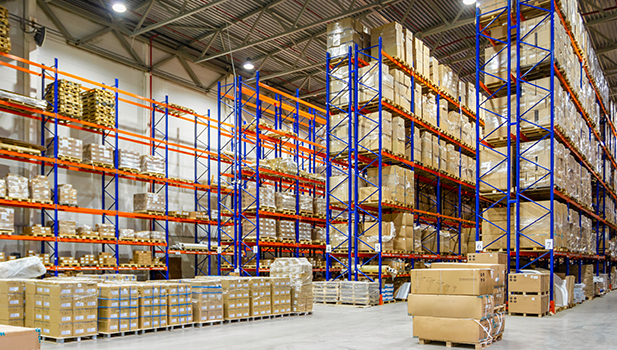
Frazier Collaborates with Trinity Consultants to “Green Light” Compliance for Plant Operations and Expansions
Trinity has supported Frazier's multimedia environmental compliance reporting since 2017 across five states and multiple facilities.Regulatory Background
What is Emissions Monitoring?
There are two types of emissions monitoring. Though there are two different approaches, there is some overlap.
- Continuous Emission Monitoring System (CEMS) - Some facilities require specialized analytical equipment that measures the concentrations and/or emission rates of one or more smokestack pollutants. When a CEMS is present, it is almost always because it is required by the facility's air permit, and the CEMS data is generally used to determine both emission limit compliance and stack output performance. All CEMS data is subject to the review of your regulatory agency and can trigger enforcement action where applicable. Although there are certain costs and difficulties associated with these types of systems, they are installed for the purposes of pollutant measurement and additional quantification for state and federal emissions reporting.
- Periodic Stack Testing - Occasionally, facilities contract with a specialized testing firm to come to the facility and take similar measurements on more of a snap-shot basis, usually for just a few hours. Some of the measurement methods are almost identical to the CEMS equipment, providing instant results on a minute-by-minute basis; other methods provide one number for an hour or two of sampling. For many methods, samples must be sent to a lab for analysis and results are received weeks later. Stack testing can be done on an unofficial basis (an “engineering test”) or an official basis, the point of which is to determine if the facility is meeting its emission limits. At that point, it is a compliance test, and it is performed under the oversight of the regulator.
Who Needs Emissions Monitoring Support?
If you are an owner or operator of a facility that needs one of the following, Trinity can help.
- CEMS auditing & compliance
- Ensuring quality control
- CEMS operational training
- CEMS certification and QA/QC plan development
- Facilitating reporting
- CEMS installation project planning and oversight
Meet the Team

Justin Sullivan
Senior Consultant
Robert Rusi
CEMS Specialist